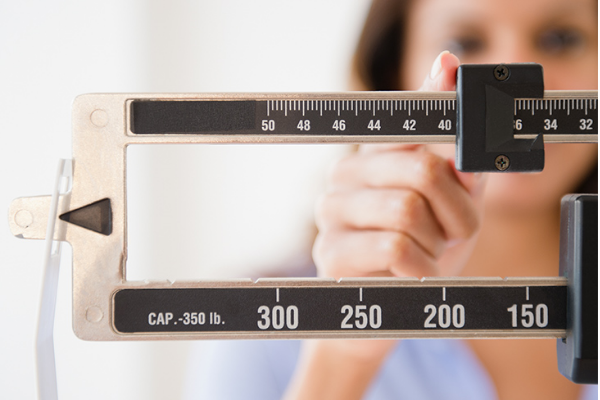If you’re prioritizing weight loss for health and well being, you might be interested in where fat goes when you drop a few kilograms.

Q: Do fat cells go away?
A: According to scientists, fat cells never really disappear. When someone starts losing weight, the size of the fat cells decreases or shrinks. They do not ‘burn’ away as some people mistakenly believe.
Q: Can you ever get rid of fat cells once they are formed?
A: From birth to your early 20s, the number of fat cells in the body increases, but when an individual reaches their mid 20s, the number of fat cells remains constant. If a cell dies, the body quickly replaces it.
Q: A research study published in the British Medical Journal in 2014 suggested that the fat you lose is actually breathed out. Is there any truth to this?
A: The study determined that if you aim to lose 10kg, about 8.4kg is exhaled as carbon dioxide through the lungs and the rest (1.6kg) becomes water, which can be expelled from the body in your urine, tears and other bodily fluids. What you’re actually breathing out is metabolic by-products of fat, not the fat cells themselves.
Q: What is body fat and is it important to fat loss?
A: An individual’s body fat is calculated by the total mass of fat, divided by the total body mass multiplied by 100. You need a healthy amount of fat to keep you warm and insulate and protect your organs and joints. If your percentage of body fat is too low, your energy levels are low and you become more susceptible to infection and disease. If your percentage of body fat is too high, you are at risk of diabetes and other health problems. You can ask your doctor what is a healthy body-fat percentage for you, keeping in mind that above 25% for men and above 30% for women can be a health hazard.
Q: Can exercise help to keep fat cells from getting bigger?
A: Yes, if fat becomes carbon dioxide, the only way to increase the amount of carbon dioxide your body is producing is by exercising. The good news is that even everyday activities can raise your metabolic rate. for example:
Standing up and getting dressed more than doubles your metabolic rate
Going for a walk triples your metabolic rate
Playing with the kids
Gardening or weeding
Cycling
Q: What role does diet play in shrinking fat cells?
A: Eating to promote fat loss and shrink fat cells rests on the principle of eating fewer kilojoules than your body needs, which forces your body to burn fat for fuel. Eating protein helps stave off hunger and keeps you fuller for longer compared to carbohydrates, but a balanced, reduced-kilojoule diet will bring the most success.
Q: Is fat converted into muscle?
A: This is not physiologically possible. Fat cells cannot become muscle cells since the components of one cell type are different from the other. When you exercise, your muscles grow larger and the energy used during exercise makes the fat cells shrink.
Something to think about: Experts agree that exercise is essential for cardiovascular health and managing a healthy weight, but many studies agree that vigorous exercise alone is not the best strategy for weight loss. You might be prioritizing intense training over a healthy eating plan and become frustrated if the results are slow.
Contact:
Phone: +86 195 5013 7054
E-mail: info@hynovatech.com
Whatsapp:8619550137054
Add: No. 6, Xierqi Middle Road, Haidian, Beijing, China